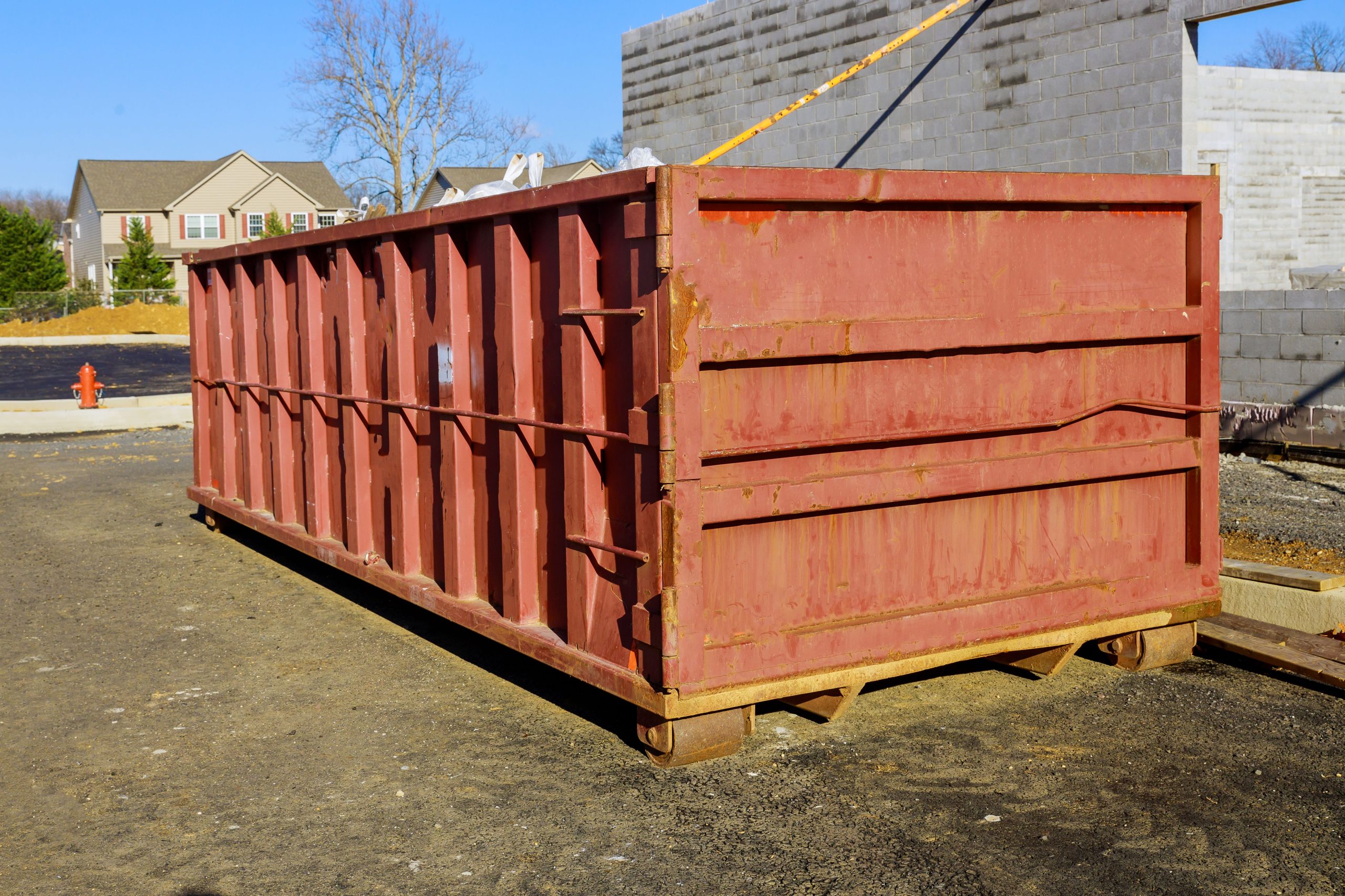Best Practices for Hazardous Waste Management in Petrol Stations
28 February 2024
Discover the best practices for hazardous waste management in petrol stations with Future Fuel Services. Ensure environmental responsibility. Call 03 9315 3320.
Petrol stations keep vehicles fuelled and on the move. However, their operations also generate hazardous waste, presenting unique challenges for waste management. Therefore, proper handling of hazardous waste is not only a legal requirement but also a significant aspect of ensuring the safety of personnel, protecting the environment, and maintaining a positive public image.
At Future Fuel Services, we can cover some steps needed during hazardous waste management in your petrol station. Here are some practices that must be done to manage hazardous waste.
Identify Hazardous Waste
The first thing that must be done during hazardous waste management is the identification of waste materials that fall into the hazardous category. Common hazardous waste generated at petrol stations includes used oil, contaminated water, cleaning solvents, and discarded fuel additives. These waste materials must then be separated and segregated properly, preventing contamination, facilitating proper disposal, and ensuring compliance with waste disposal regulations.
Ensure Proper Storage
Hazardous waste should then be stored in containers that are compatible with the waste type and are in good condition. These storage areas should be marked, well-ventilated, and equipped with spill containment measures to prevent problematic leaks or spills. Now, employing secondary containment measures like spill berms or trays around primary storage areas and equipment can subsequently help contain unexpected spills or leaks.
Minimise and Recycle Waste
While waste materials can be contained properly, you may want to implement waste minimisation strategies like recycling used oil or reusing certain materials. Doing this practice reduces the overall volume of hazardous waste generated. Recycling not only mitigates environmental impact but can also be a cost-effective approach for your petrol station.
Inspect and Audit Regularly
Conducting regular inspections and audits of hazardous waste storage areas can ensure compliance with regulations and identify potential issues before they escalate. Prompt corrective actions can be done based on the findings of these inspections. Alongside these inspections and audits is maintaining accurate documentation and records. Doing this is crucial for demonstrating compliance with hazardous waste regulations. Documentation may cover records of waste generation, transportation, and disposal. Proper documentation can also aid in tracking waste streams and assessing the effectiveness of waste management practices for the last few months or years.
Create Emergency Response Plans
Having well-defined emergency response plans in place is vital. Your petrol station must possess a team that is trained in emergency procedures in the event of spills or accidents involving hazardous materials. Quick and effective responses can reduce the impact of emergencies on both human safety and the environment. Your staff must also be trained in identifying the types of waste generated, the proper disposal procedures, and the essence of adhering to safety protocols.
Proactive and responsible hazardous waste management in petrol stations is your key to upholding regulatory obligation, committing to environmental stewardship, and ensuring public safety. By implementing best practices, your petrol station can navigate the complexities of hazardous waste management with precision and diligence. Compliance, coupled with a culture of continuous improvement and employee awareness, positions your petrol station as a responsible contributor to sustainable and safe operations.
Optimized by: Netwizard SEO

